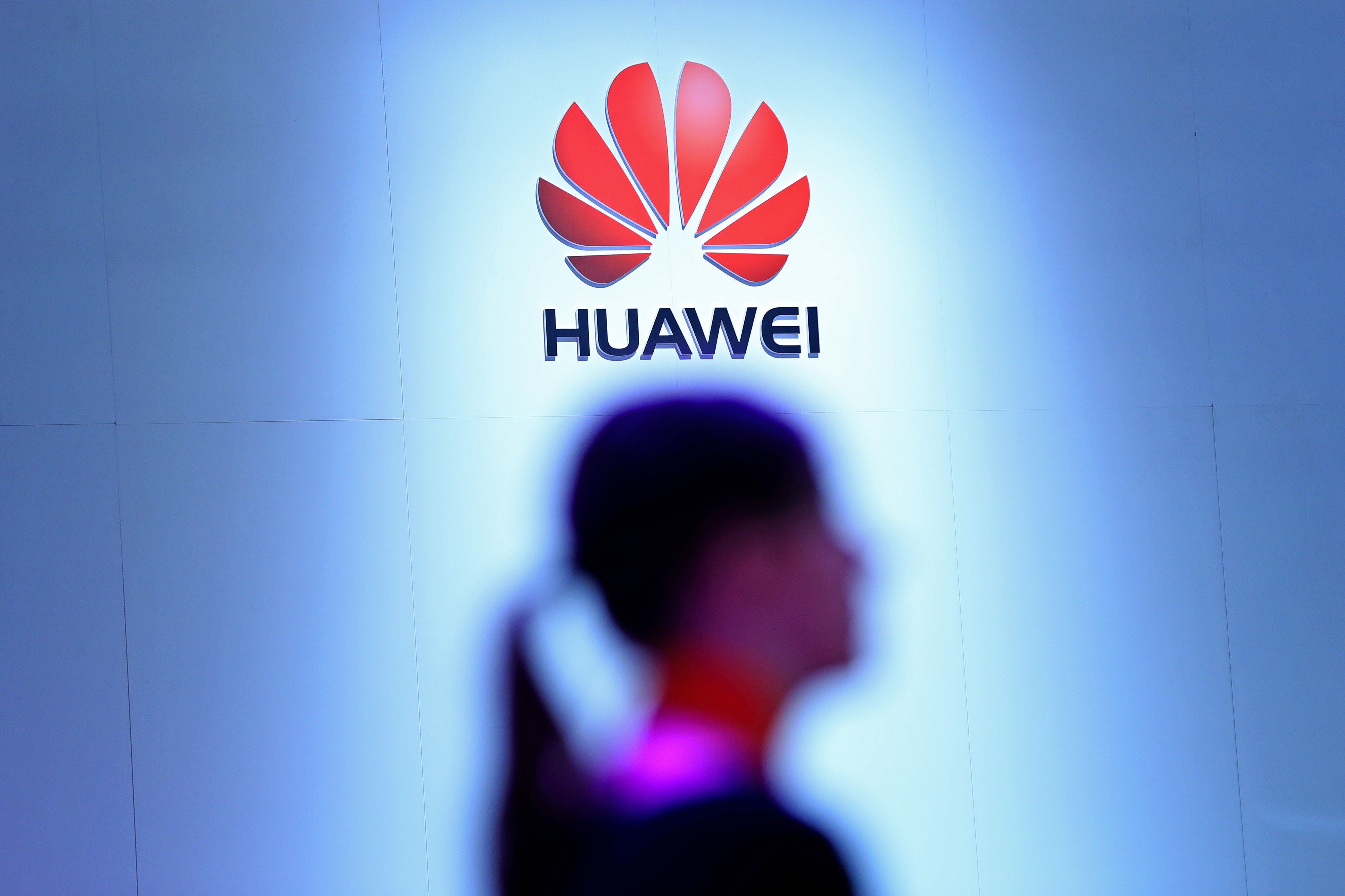China, Huawei, and other Chinese carriers wish to redesign the current internet model in China. The proposed plans offer certain positives but its possible abuse may raise some alarm. The report arrives from Financial Times and covers the newly proposed internet protocol announced at the ITU.
The new internet protocol had been proposed as a more efficient manner to address the issues telecoms face and a better network management system than the existing TCP/IP standard. However, the glaring issue with the new protocol is its clear authoritarian values. This will effectively give the Chinese government even more control over censorship and surveillance over its residents.

Notably, the new internet protocol will also feature a “shut up command,” which would allow a central part of the network to be cut off from data going to and from an address. In other words, a single killswitch that could potentially take away the internet from a group or section of people. This can also be clearly used by China to silence the ongoing activist movements without resorting to direct and visible actions.
As of right now, concerns regarding the new IP have already crossed the minds of people. Furthermore, it is being speculated that the new system might even require authentication of the identity of the user and not just address just for internet data access. The Chinese government has already made many moves to identify its internet users and their speech, but this will allow them to clearly link and individual and their actions online, which may even lead to them being banned from using the internet entirely.
Editor’s Pick: Blackview BV6100 appears as the best affordable online learning device during coronavirus outbreak
According to a Huawei spokesperson, the new internet protocol is being designed solely to better cope with the technical demands of the changing digital landscape and not to exert control. The telecommunications giant has stated that the update is vital to powering “holo-sense teleportation” and self driving cars. This system will also be available and “open to scientists and engineers worldwide.”

Unfortunately, this is less than consoling considering the framework for the design and its supporters. Regardless of its wide availability, it does not assure any of its probable authoritative rules. Rather, other nations with similar beliefs like Russia may even land in support of the new system, although they already have their very own RuNet.
Currently, it is unknown if the ITU will accept the new internet protocol standard. Although, its mere existence will likely instigate more people under the civil liberties side that see TCP/IP’s “dumb” nature as a positive since it still offers a surface level of freedom and anonymity as of right now.
UP NEXT: WhatsApp trims Status video time limit by 15 seconds in India to tackle the traffic surge on servers
(Via)






